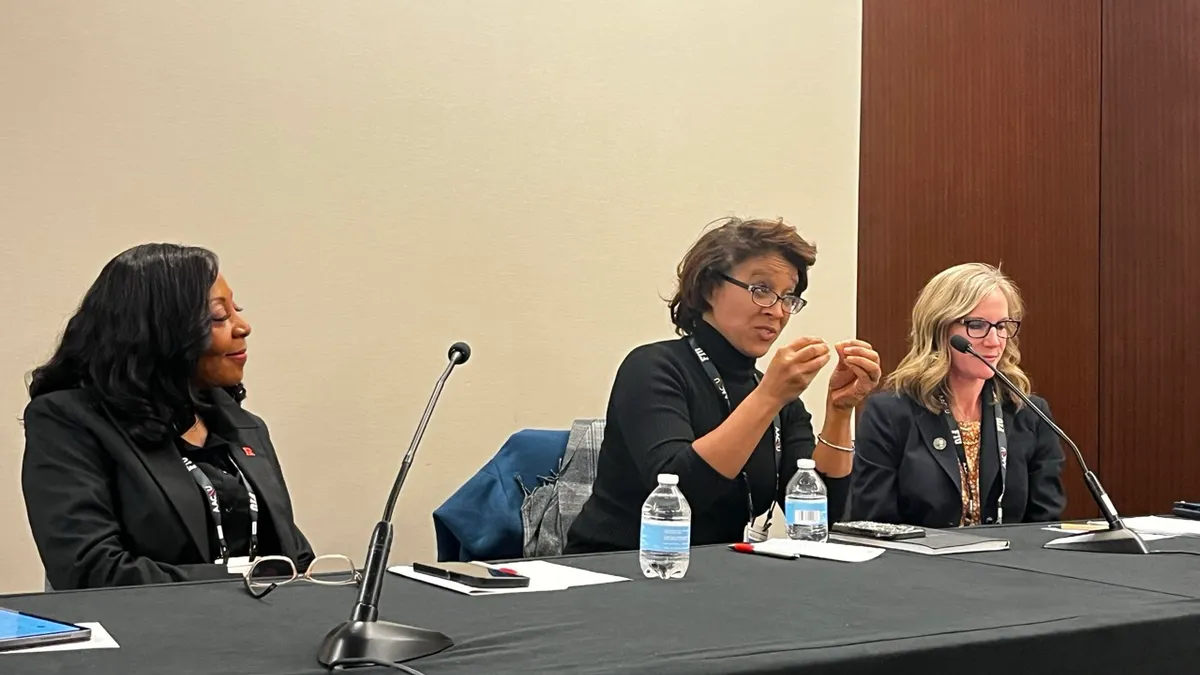Dive Brief:
- The number of higher education institutions, alumni groups, and other affiliated groups that sponsored credit cards declined in 2013, as did the number of these programs, continuing a trend for both figures, according to a new report.
- Compensation paid to the institutions and affiliates for these programs also dropped, continuing a trend since at least 2009, the U.S. Consumer Financial Protection Bureau reported.
- The bureau also reported that it believes that the number of agreements between higher ed institutions and providers of checking accounts, debit cards, and pre-paid cards has been increasing.
Dive Insight:
One of the major issues with the higher ed credit card, debit card, and prepaid card programs is the lack of public disclosure about the agreements with card issuers. Public disclosure of the agreements is required by federal law. Most institutions don’t make the agreements available on their websites, and they rarely explain how to obtain copies of the agreements. For 2013, 26 credit card issuers had 448 agreements, and the issuers paid $42.9 million to the higher ed institutions and affiliated groups. Bank of America accounted for more than half of the credit card agreements.













